With the curve somewhat flattened and the worst of COVID-19 seemingly behind us, it is time to look forward again. And despite positive developments and easing lockdowns, it seems like the coronavirus will have a lasting impact on society. How does the market react, are investors still out looking for the next big thing and where are the chances? We checked in with VC’s from Amsterdam to find out how they are assessing the current situation.
Prime Ventures: ‘tough time for some’
“March and April were very uneasy for our portfolio, due to all the uncertainty”, says Pieter Welten. He is partner at Prime Ventures, based in Amsterdam. Among the companies in his portfolio are Terrapay, Creative Group and Leavy. “The entrepreneurs have worked really hard and now, a couple months later, we see they have it under control for now.” COVID-19 does leave an imprint on the market, Welten admits. “Some companies still have a tough time, but for others the situation made them grow faster. I do think most of them will be more careful using their funding, expanding, recruiting etcetera until there is more certainty in where this is all going.”
Read also: What are Amsterdam VCs up to during the corona crisis?
Tom McDonald, from ASIF Ventures, notices the same lingering uncertainty, but adds that this is not always bad news. “It is obvious that many startups keep the coronavirus in mind. Startups in a sector that has been hit hard but who themselves are doing okay, see this as proof that there are other chances out there. Likewise, other startups see opportunities they haven’t had before.” ASIF this year announced funding in startups such as the search engine for lawyers Bluetick and AI-startup LALALand.
Newion: ‘startups want to grow faster’
At Amsterdam VC Newion, partner Patrick Polak sees things slowly going back to normal: “We do see that deal flow is coming back again. Actually, deal flow in Q2 was 50 percent higher compared to Q1 2020.” According to Polak this uptick is not due to the fact that startups are playing catch-up after lost time. “The increase of the number of companies looking for an investment is not because they ran in serious trouble due to COVID. They want to grow faster.”
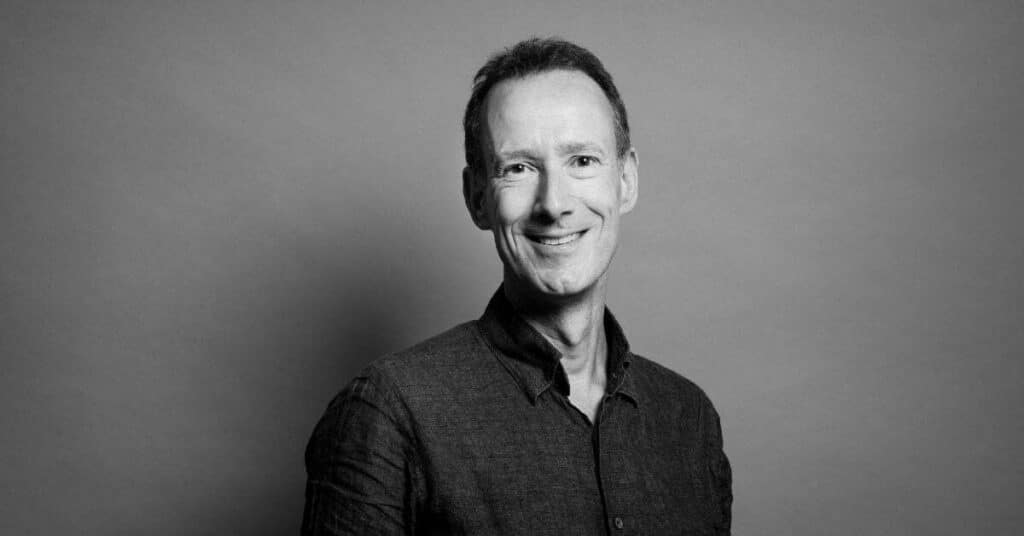
“The business side of things is different. We see across the portfolio that there is way more slippage of business. Obviously, there are exceptions, companies that are thriving due to more collaboration tools and such, but in general we see that enterprises are taking more time to have final decisions. In Europe things are moving slightly faster again for a couple of weeks, while the US markets remain very unpredictable.”
ASIF: ‘it’s catalyst’
With COVID-19 thoroughly shaking things up, did any of the VC’s spot an entirely new business model popping up? Not yet, all three agree. But they do see some sectors pulling ahead of others due to the pandemic. “My theory is that a lot will be moving online the coming years,” says Pieter Welten. “A pandemic or crisis can accelerate these kinds of processes.” ASIF’s McDonald sees the same development: “We’ve seen some startups of which the adoption wouldn’t have gone at the same speed as without the coronavirus. In some ways it has been a catalyst.”
Stay up-to-date: Read all our COVID-19 coverage here
At Newion, Polak spots a similar move to an online, digital world: “I do think that society in some sort of way will change forever due to this pandemic. The way we look at collaboration, travel, large group gatherings, but also how we think about our long supply chains, how we think about using real estate, how we commute etcetera. It will all be influenced by what is happening. That is not a bad thing, of course. It gives many opportunities. It drives an acceleration of digital transformation. And this happens to be the area Newion focuses on since 2000, so I am not concerned at all.”
Working from home as the new normal
The shift to digital also affects the way VC’s have to work themselves. Working from home is here to stay. At least for now. “We do a lot of work on the phone or online”, says Prime’s Welten. “It works well, to a certain extent. I think in the future there will be less travel, but I do miss the personal contact with entrepreneurs and investors.” At ASIF, they’ve also mostly switched to remote meetings and working from home, says McDonald. “From the moment the lockdown started, we’ve only worked from home. All meetings are in Zoom or Hangouts. Generally this worked well, despite the sometimes flaky internet connection.”
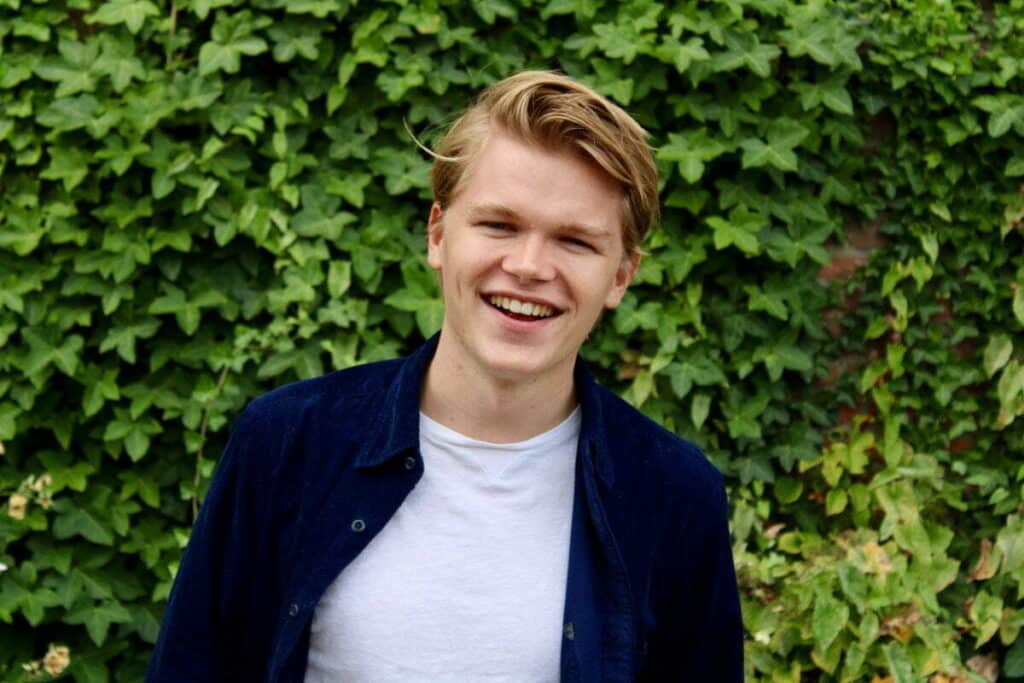
At Newion, Polak is slowly getting on the road again. “International travel is still a difficult one for us. But we are seeing more and more entrepreneurs in person again. Which is a good one because nothing beats a good in-person meeting with a lot of inspirational whiteboarding sessions. Although I am still very selective in taking in-person meetings. International travel will also affect exits to international buyers: I mean, I expect that you would like to see the team of the company you are interested in to acquire.”
This article is produced in a collaboration with StartupAmsterdam. Read more about our partnering opportunities.
Top image: Pieter Welten, Prime Ventures





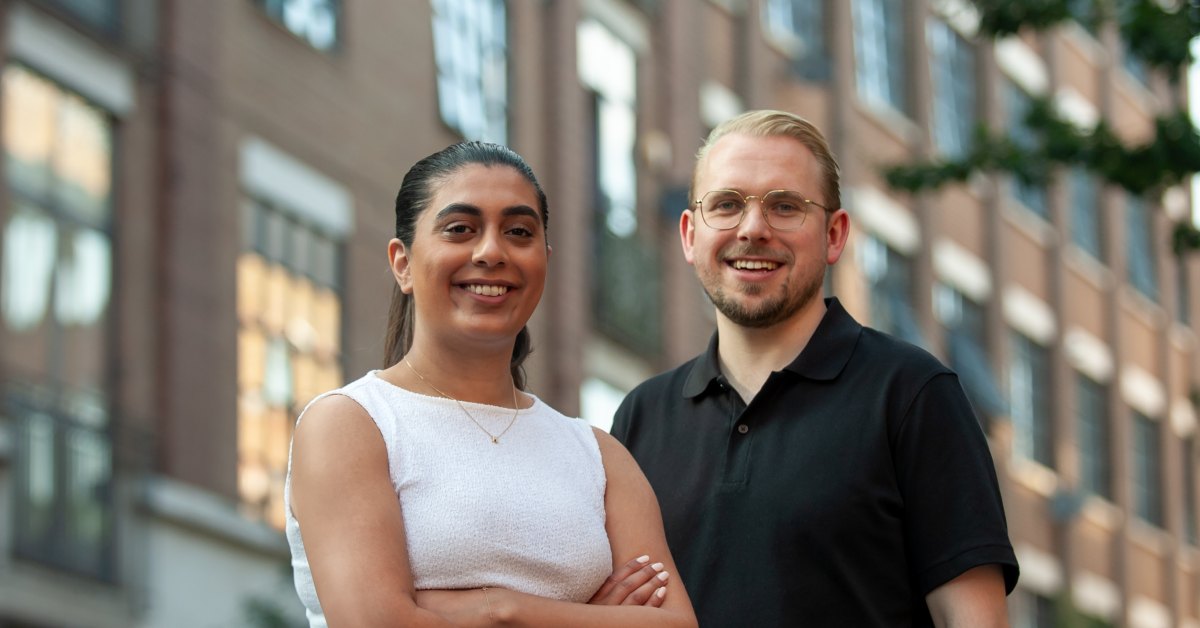
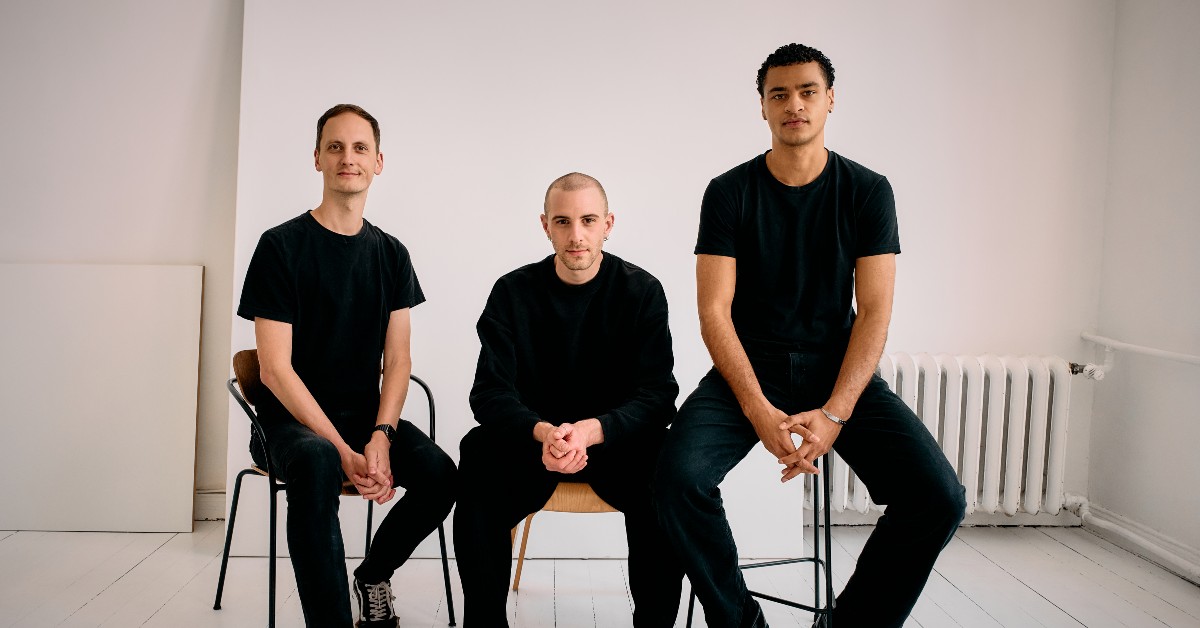
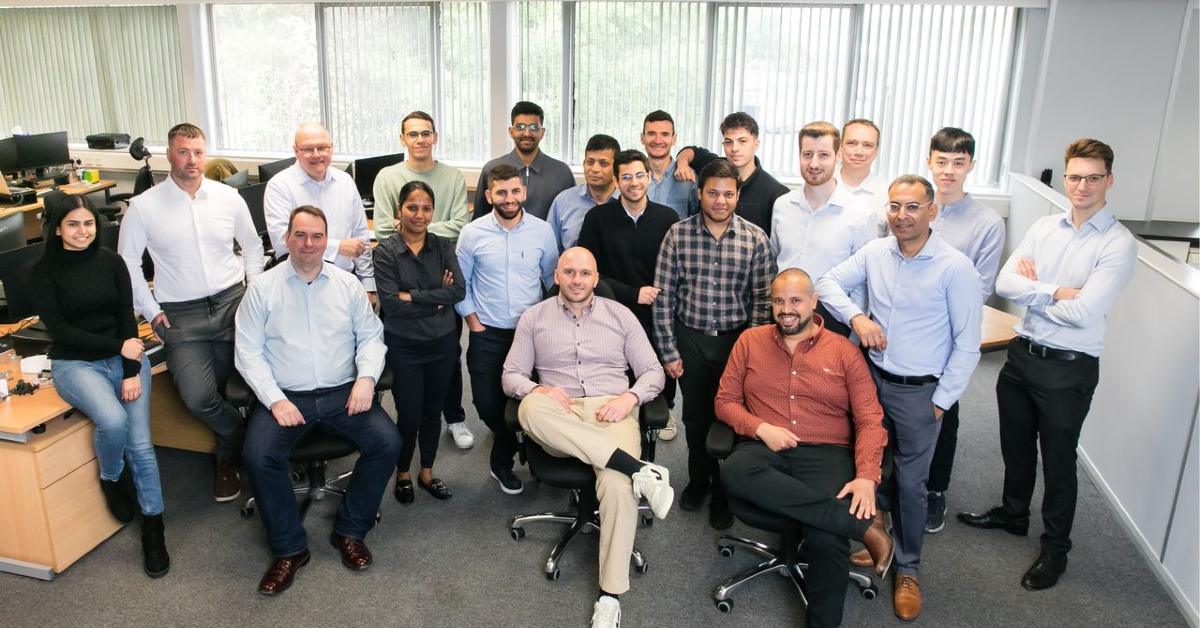
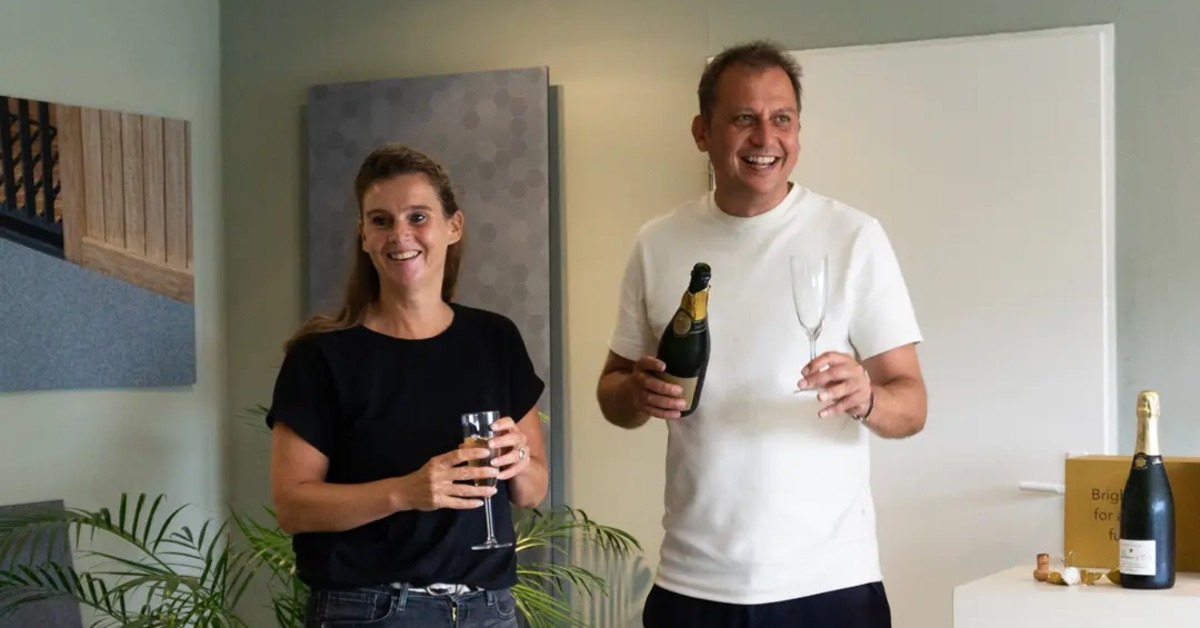

01
From telecom veteran to Dutch Startup Visa success: The Jignesh Dave story